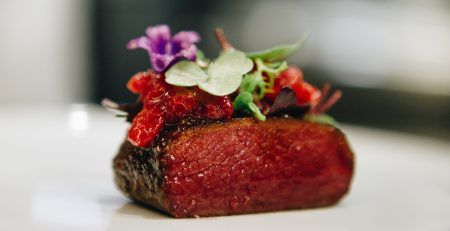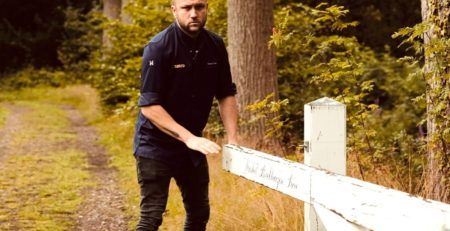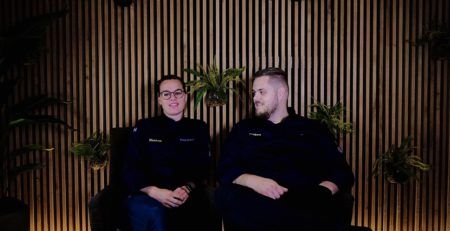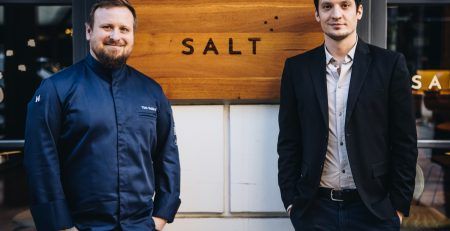On the 17th and 18th of September 2023, four incredible chefs, each hailing from different Dutch restaurants, collaborated to create a unique culinary experience. Dennis Huwaë from Daalder was joined by Nelson Tanate from de Librije in Zwolle, who also comes from a Mullican family. They were joined by Michael van der Kroft from Tres in Rotterdam and Soenil Bahadoer, chef patron of De Lindehof in Nuenen, a city associated with Vincent van Gogh. This dynamic mix of talents and cultural backgrounds promised a culinary wonderland.
Nelson Tanate, de Librije, Zwolle
The Best Chef: What was your first experience with fine dining?
Nelson Tanate: I went to cooking school when I was around 15. And then at 16-17, I started to work in one Michelin-star restaurant. I worked there for two years. And after that, when I was just 19, I started to work at de Librije. That was 14 years ago. In the beginning, I had a really hard time working with Chef Jonnie Boer. But after a few years, we grew to like each other. Now, it’s perfect!
The Best Chef: What is your favorite ingredient?
Nelson Tanate: I really like lemongrass. And I also really like ginger, those two things are typical for the Moluccan kitchen and I grew up in a Moluccan family. So I think those two.
The Best Chef: What is more important to achieve success: discipline or talent?
Nelson Tanate: I think everything starts with discipline. And after that, we can see already quickly if somebody has a talent for something. But it always starts with discipline. Just having a talent won’t get you far.
The Best Chef: What are your future goals?
Nelson Tanate: Well, I always wanted to have my own restaurant before I’m 30. I’m 32 now (laughter). But no, I’m in a good place with de Librije and with the other restaurants. And we want to push everything to a higher level. And for me, that’s the most important thing for the few 10-15 years.
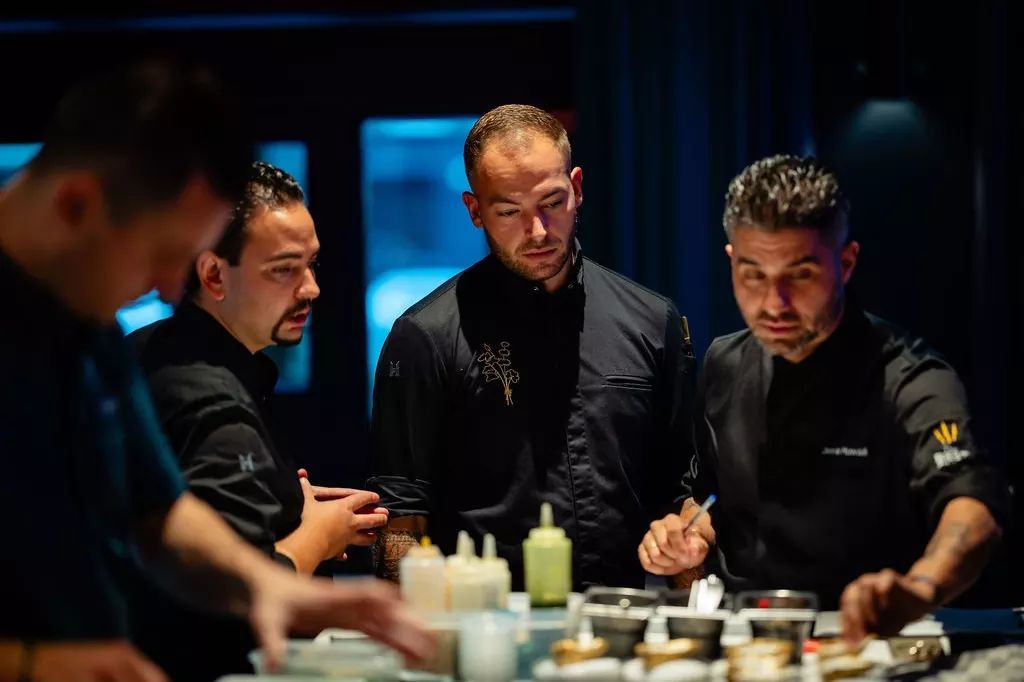
The Best Chef: What advice would you give to a young chef, new to the gastronomy world?
Nelson Tanate: To the next generation: keep on pushing! It is often a hard job. But when you always give 100%, then in the end you go for it. And it takes time. So don’t expect to become a head chef straight after graduating from a cooking school. Take your time. Step by step.
Michael van der Kroft, Tres, Rotterdam.
The Best Chef: Can you tell us about your background?
Michael van der Kroft: I started in Italian kitchens, actually I started as a Pizzaiolo! I made pizzas and Italian dishes. And now we’re here. But I still follow the philosophy of Italian kitchens: use local food. And after working here for 11 years I still do that. For example, in the beginning, we started with fermentation, because we didn’t have lemons. And we needed acidity things. And this became the base for our cuisine instead of citrus.
The Best Chef: What are your goals for the future?
Michael van der Kroft: My food goal, I think, is to put Rottedram on the map. To make it a real travel destination. it’s. So that people come over, have dinner, see the city, and not only fly to Amsterdam. To get this city to the top.
The Best Chef: What is your culinary philosophy, your approach to cooking?
Michael van der Kroft: My culinary philosophy is to cook local food. So really everything comes from the Netherlands. And then we do four seasons. At the moment, we focus on summer, on vegetarian dishes. Because now are the best crops, the nicest vegetables. Then in autumn, the menu is based on the forest, mushrooms, that kind of thing. In the winter, there’s nothing left. So we focus on the sea. And during spring, we’re based fully on lamb and a little bit of spring veggies. And this way, we do a veggie menu, a fish menu, and meat: the wild and the farmed. This way we can really focus on the vibe of a season.
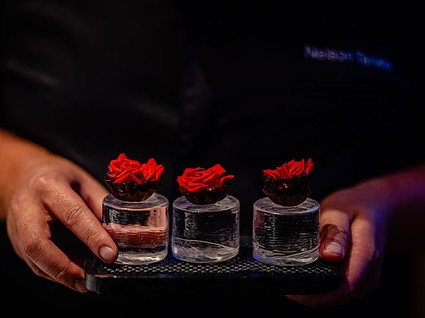
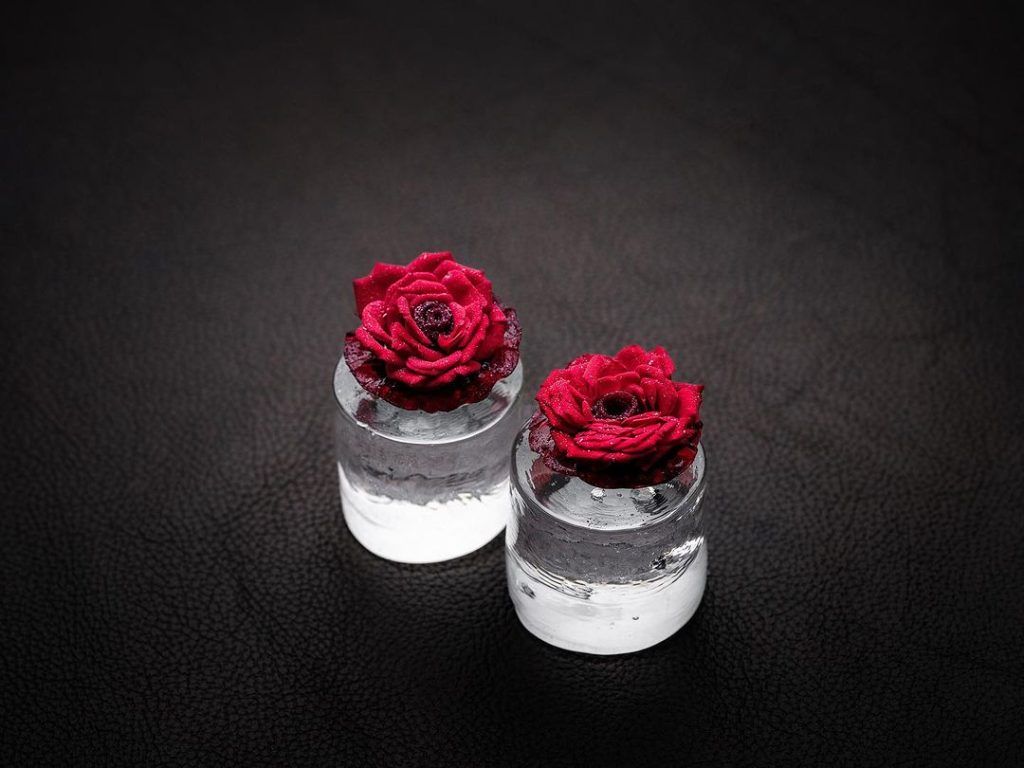
The Best Chef: What do you suggest to the next generation of chefs?
Michael van der Kroft: Well, I’m the next-generation chef 🙂 Just keep on pushing. If you want to become better, it doesn’t go with just eight hours a day. No job will allow you to reach the top, play the Champions League, and work just a few hours. You have to put the effort in. One day, it will pay back. And try to learn as much as possible. That’s what cooking is about for me. You have to keep on learning.
Dennis Huwaë, Daalder, Amsterdam
The Best Chef: What inspired you to become a chef?
Dennis Huwaë: I grew up in a Moluccan culture. For us, the food is the biggest part of the day.I remember my grandmother cooking all they – she used to get up at five in the morning, and, with a glass of cognac, she started cooking. She has many children and grandchildren, so I think at lunch there were about 30 family members, and at dinner sometimes even 40. And this started my love for food.
The Best Chef: Which of your plans in this line, what are you following in your job?
I think today I try to use everything I learned in life. Both on the professional and private levels. And I want to have a lot of fun, it is really important for me. I really want to make the best food and work with the best products. And I think this is what we really do in Daalder nowadays. We search always for nice, new things and the best products.
The Best Chef: What is your favorite product?
Dennis Huwaë: I think it’s always changing. I always look for nice combinations, it’s easy to look for beautiful products. But sometimes you make a special combination with spices and I don’t know, a vegetable or caviar, I think this is my favorite scenario.
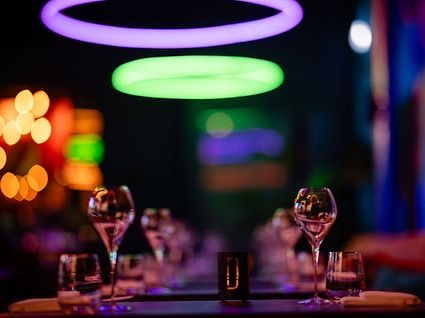
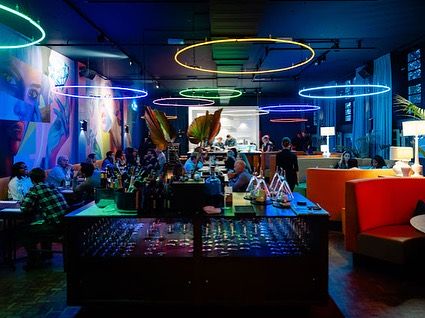
The Best Chef: What skills or qualities are particularly important to succeed in fine dining?
Dennis Huwaë: I think the most important thing to be successful in fine dining is to have passion. Passion and energy. Sometimes you fall and you can see a lot of your colleagues as they fall. Some of them don’t get up. But I learned from my father when we were young: if you fall ten times, you have to stand up eleven times. And every time you stand up, you become stronger.
Soenil Bahadoer, De Lindehof, Nuenen
The Best Chef: Why did you become a chef?
Soenil Bahadoer: When I was a child I always saw my parents cook at home. And there were many flavors, spices and they would go to the market in the weekend. You know, in the week they worked, but on the weekend there was cooking from the morning till the evening. My mother knows the diverse Suriname culture well, socially the dishes. And one time I saw Paul Bocuse on TV. He was a big chef with a big hat. And I said I wanted to be like Paul. But the flavors from home, the dishes that my mother and my father made together at home stayed with me as well. It was amazing. And that’s why I became a chef. And today I take the croissants from the French kitchen and I put inside the flavors and the spices and from my home. As a tribute to the incredible chef, my mother. This makes my taste different than another chef’s.
The Best Chef: I know your team is very important for you.
Soenil Bahadoer: These days the stuff iis very important, you know? Because it’s difficult to find. My team is great. And they really want to learn. They want to learn the flavors, the dishes, the spices, everything. And that’s important. Some members of the team leave to O’Paraq, Indonesia, or Bangkok. They fly away. But this is OK, we’ll find someone else to learn. And it makes me so proud as a chef that they spread our kitchen abroad.
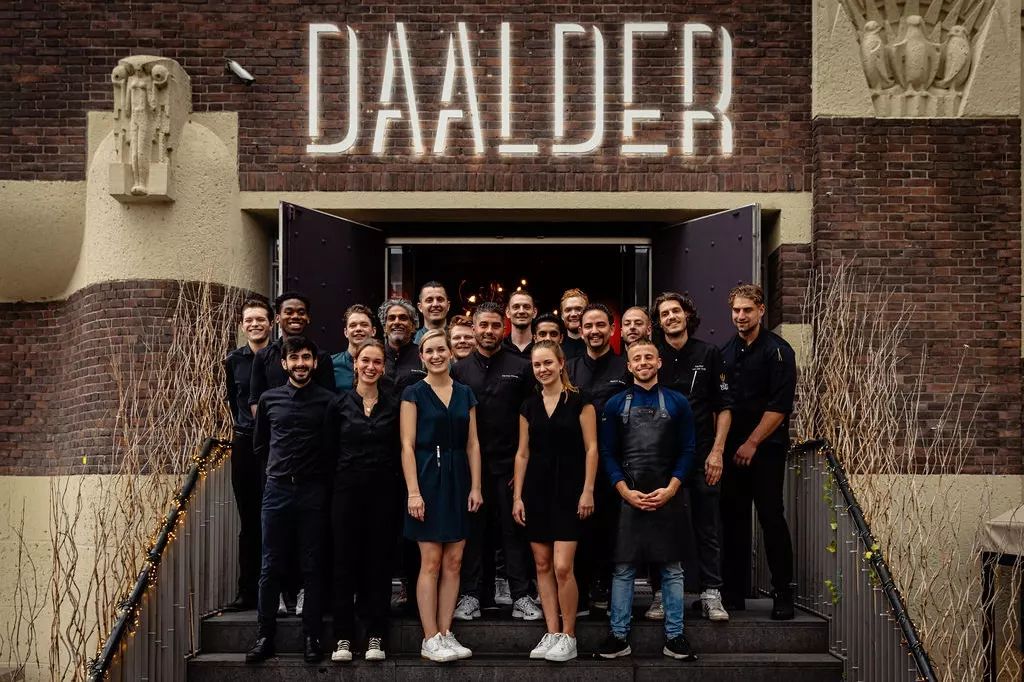
The Best Chef: What is so special about the Suganame food culture?
Soenil Bahadoer: One time when I was playing with the children from the Netherlands and they said:
“Six o’clock, Soenil, you must go home.”
I asked: “What? Why must I go home? Because I’m playing now.”
“No, we’re going to eat.”
I say, “But eat? Do you mean we are going to share?”
“No, yeah, we don’t have food for you, but you can go to your home.”
But when the children come to play at my home, at my Madison home, then they can eat with us. They can eat and enjoy everything. Even if we don’t have enough, we share. That’s our culture. The hospitality.
The Best Chef: Last question. What do you want to suggest to young chefs?
Soenil Bahadoer: Don’t do it just for the money. Learn and learn, work with big chefs, with different people, and create your own dishes, don’t copy others. Travel a lot. But don’t do it for money!

